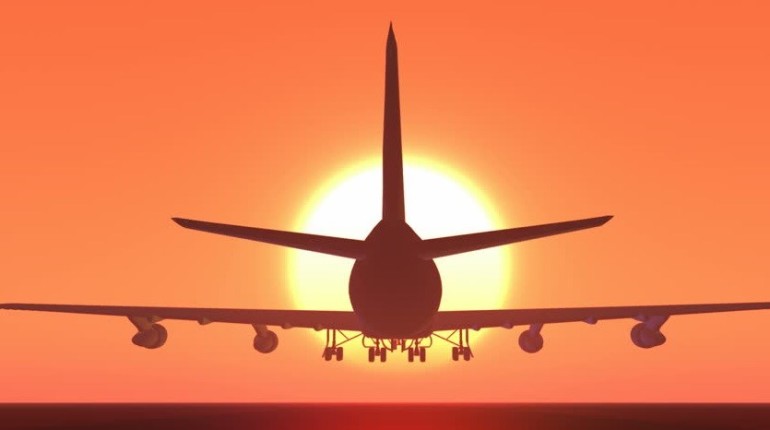Sponsored Listings:
As the so-called flight shame movement grows in influence across the world, South Africa has an opportunity to benefit either directly from carbon offsetting schemes, or from developing a sustainable fuels industry that can supply the aviation industry for the long term.
This is the word from Iata spokesperson Chris Goater in response to the flygskam (Swedish for flight shame) movement, which started in Sweden. It aims to shame people for flying and to encourage rail travel instead, because of the carbon emissions that air travel generates. It’s a noble cause, but one that could have negative consequences for long-haul destinations such as South Africa.
“Aviation is responsible for about 2% of global carbon dioxide (CO₂) emissions, and the aviation industry is determined to reduce this. Our plan is to cut emissions to half of 2005 levels by 2050,” says Goater.
“Since the demand to fly is still growing, especially in developing markets like Africa, this is a huge challenge. We will meet this challenge through new technology, sustainable fuels and more efficient air-traffic routes. In the short term, offsetting is a way for the industry to play a bigger part in reducing carbon emissions.”
From 2020, growth in international aviation CO₂ will be offset through the Carbon Offsetting and Reduction Scheme for International Aviation (Corsia), an emission mitigation initiative for the global airline industry developed by the UN’s International Civil Aviation Organisation.
“South Africa has a great opportunity to benefit either from offsetting schemes or from developing a sustainable fuels industry,” says Goater.
Meanwhile, the message must be driven home that not visiting places such as Africa will have a damaging outcome, says Tim Harris, CEO of Wesgro, the Western Cape’s official trade, tourism and investment agency.
“Businesses depend on long-haul travellers, whose dollars contribute to environmental protection and conservation in Africa. Without long-haul tourism, Africa will lose the funding that supports the survival of our wildlife and wildlife areas, and unsustainable resource exploitation will become the order of the day. In the end, this would be worse for the environment than long-haul travel,” Harris argues.
He says the tourism industry has an opportunity to take a proactive role by presenting its clients with ways to take accountability for CO₂ emissions.
“An example would be an airline contributing part of the cost of a ticket purchased to carbon-offset projects, wildlife sanctuaries or conservation projects,” he says.
Earlier this year, South Africa became the first country in the world to directly address the effect of flights on its environment. The Southern Africa Tourism Services Association (Satsa), together with South African Tourism, launched a carbon offsetting initiative that will see the industry plant carbon-sucking spekboom plants to combat flight shame.
Says Satsa CEO David Frost: “Satsa and SAT handed out 600 spekboom cuttings, and we hope that these will soon grow to 5 000 plants and from there, to millions. The hope is that each business in the tourism industry will get practically involved in its own carbon-offset programme by planting spekboom.
“The plant has miraculous carbon-offsetting properties and is an indigenous succulent found in the Eastern Cape. It can sequester more than four tonnes of carbon dioxide a year per hectare planted, making it more effective than the Amazon rainforest at removing CO₂ from the atmosphere.”
Source: tourismupdate.co.za










